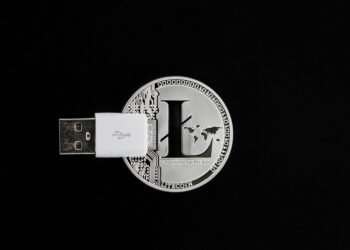Decentralized Finance, also known as DeFi, is a rapidly growing sector within the cryptocurrency and blockchain space that is revolutionizing the way we think about traditional finance. In simple terms, DeFi refers to the use of blockchain technology to create decentralized financial tools and services that remove the need for intermediaries like banks and other financial institutions.
The roots of DeFi can be traced back to the creation of Bitcoin in 2009, which introduced the concept of a decentralized, peer-to-peer digital currency. However, it wasn’t until the launch of Ethereum in 2015 that the full potential of DeFi began to be realized. Ethereum’s smart contract technology made it possible to create programmable financial applications that could operate without the need for centralized authorities.
Since then, the DeFi ecosystem has exploded in size and complexity, with a wide range of decentralized applications (DApps) being developed to offer services such as lending, borrowing, trading, and payment processing. Some of the most popular DeFi projects include decentralized exchanges like Uniswap, lending protocols like Compound, and stablecoins like MakerDAO’s Dai.
One of the key benefits of DeFi is its ability to open up access to financial services for people around the world who may not have had access to traditional banking systems. By using DeFi protocols, users can carry out financial transactions without the need for a bank account or credit history, making it possible for anyone with an internet connection to participate in the global economy.
Another advantage of DeFi is its transparency and security. Since transactions on the blockchain are immutable and transparent, users can verify the integrity of the system and trust that their funds are secure. This stands in stark contrast to the opacity and risk associated with traditional financial institutions.
However, DeFi is not without its challenges. As the space has grown rapidly, there have been incidents of hacks and smart contract vulnerabilities that have resulted in significant losses for users. Regulatory uncertainty is another major hurdle facing DeFi, as governments around the world grapple with how to regulate this new and complex technology.
Despite these challenges, the continued growth and innovation in the DeFi space suggest a bright future for decentralized finance. As more people become aware of the benefits of DeFi and as the technology continues to mature, it is likely that decentralized finance will play an increasingly important role in reshaping the financial landscape for years to come.








